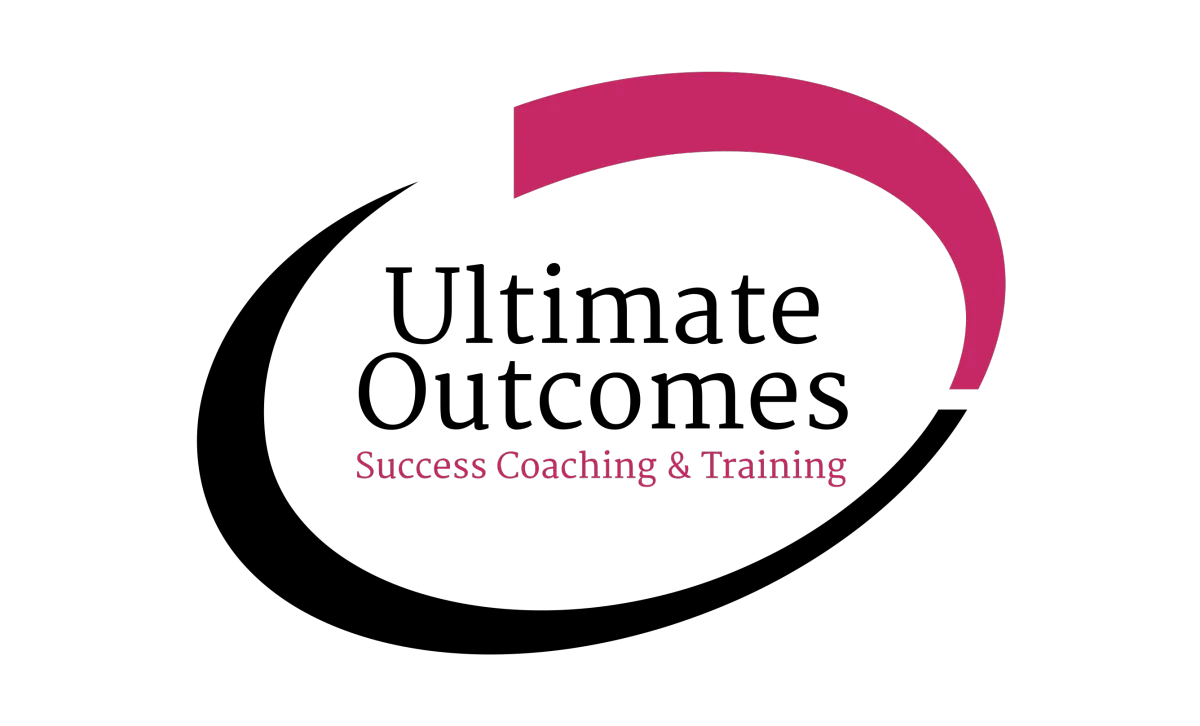
Self-Improvement Blogs
Embark on a transformative journey with our self-improvement
blog. Elevate your life with practical tips, insightful articles, and expert
advice on personal growth, mindfulness, and success. Discover the power within
you to cultivate positive habits, overcome challenges, and live a more
fulfilling life. Your journey to becoming the best version of yourself starts
here!

The Art of Self-Reflection: A Guide to Personal Growth
“Who looks outside, dreams; who looks inside, awakes.” - Carl Jung
Introduction:
In the hustle and bustle of our daily lives, it's easy to get caught up in the constant motion, always moving forward without taking the time to pause and reflect. Yet, self-reflection is a powerful tool for personal growth and development. It's the art of looking inward, examining our thoughts, feelings, and actions to gain insight and understanding into ourselves. In this blog post, we'll explore the importance of self-reflection and provide practical tips for incorporating it into your life.
Understanding Self-Reflection
Self-reflection is more than just thinking about past experiences. It involves a conscious effort to examine our beliefs, values, strengths, and weaknesses. By reflecting on our thoughts and behaviours, we can gain clarity about who we are and what we want out of life. It allows us to learn from our mistakes, celebrate our successes, and make informed decisions moving forward.

Benefits of Self-Reflection
Increased Self-Awareness: Self-reflection helps us gain a deeper understanding of ourselves, including our emotions, motivations, and desires. This awareness enables us to make better choices aligned with our values and goals.
Personal Growth: By identifying areas for improvement, we can take proactive steps to grow and develop as individuals. Self-reflection encourages continuous learning and self-improvement.
Improved Relationships: When we understand ourselves better, we can also understand others more empathetically. This leads to healthier relationships built on trust, communication, and mutual respect.
Stress Reduction: Taking the time to reflect can reduce stress and anxiety by providing perspective and helping us prioritise what truly matters in our lives.
How to Practice Self-Reflection
Set Aside Time: Schedule regular periods for self-reflection. This could be daily, weekly, or monthly, depending on your preference. Find a quiet, comfortable space where you can focus without distractions.
Ask Yourself Questions: Use prompts to guide your reflection. Some questions to consider include:
What am I grateful for today?
What did I learn from recent challenges or setbacks?
What are my short-term and long-term goals?
How did I respond to difficult situations, and how could I improve?
Keep a Journal: Writing down your thoughts can be a powerful way to facilitate self-reflection. Keep a journal where you can record your reflections, insights, and goals. Reviewing past entries can help track your progress over time.
Practice Mindfulness: Incorporate mindfulness techniques into your reflection practice. Take deep breaths, focus on the present moment, and observe your thoughts without judgment.
Seek Feedback: Don't be afraid to ask for feedback from trusted friends, family members, or mentors. They can offer valuable insights and perspectives that may not have occurred to you.
Embracing Growth Through Self-Reflection
Self-reflection is a journey of self-discovery and growth. It requires honesty, vulnerability, and a willingness to confront both the light and dark aspects of ourselves. By embracing the art of self-reflection, we can cultivate a deeper sense of self-awareness, develop meaningful relationships, and lead more fulfilling lives.
Conclusion:
Remember, personal growth is not a destination but a continuous process. Make self-reflection a regular practice in your life, and watch as you evolve into the best version of yourself. As Carl Jung once said, "Who looks outside, dreams; who looks inside, awakes." It's time to awaken to the transformative power of self-reflection and embark on a journey of self-discovery and growth.
If you would like to explore how to achieve the life of your dreams, we'd love for you to book in a complimentary Discovery Session with us to chat about where you are now and where you would like to be, with a guarantee that you will know the next step you need to take to get there.
You can book in for your session with us here: https://bookwithrobyn.as.me/discoverysession

